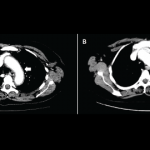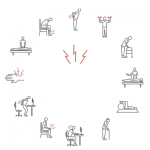The Medical Decision Making (MDM) of an evaluation and management (E/M) visit is one of the three components of determining the level of a patient’s visit. But the MDM can sometimes be the most difficult component, as this is where the provider’s thought process is quantified in deciding the correct level of E/M service. In the…








